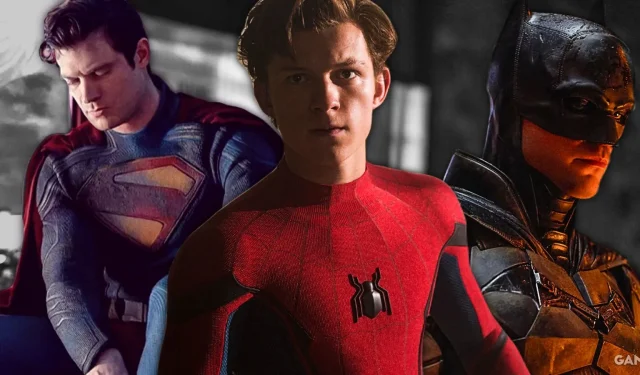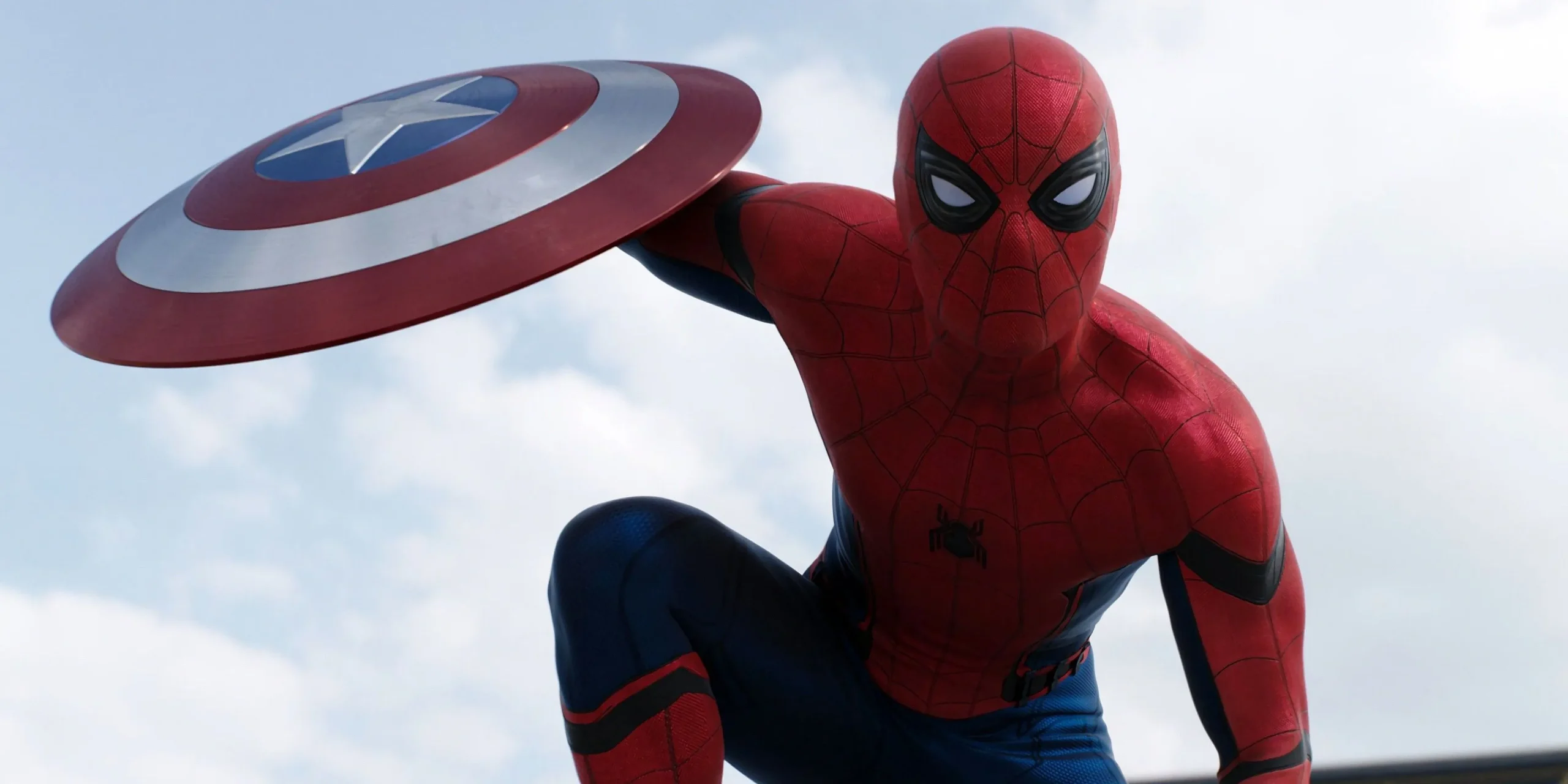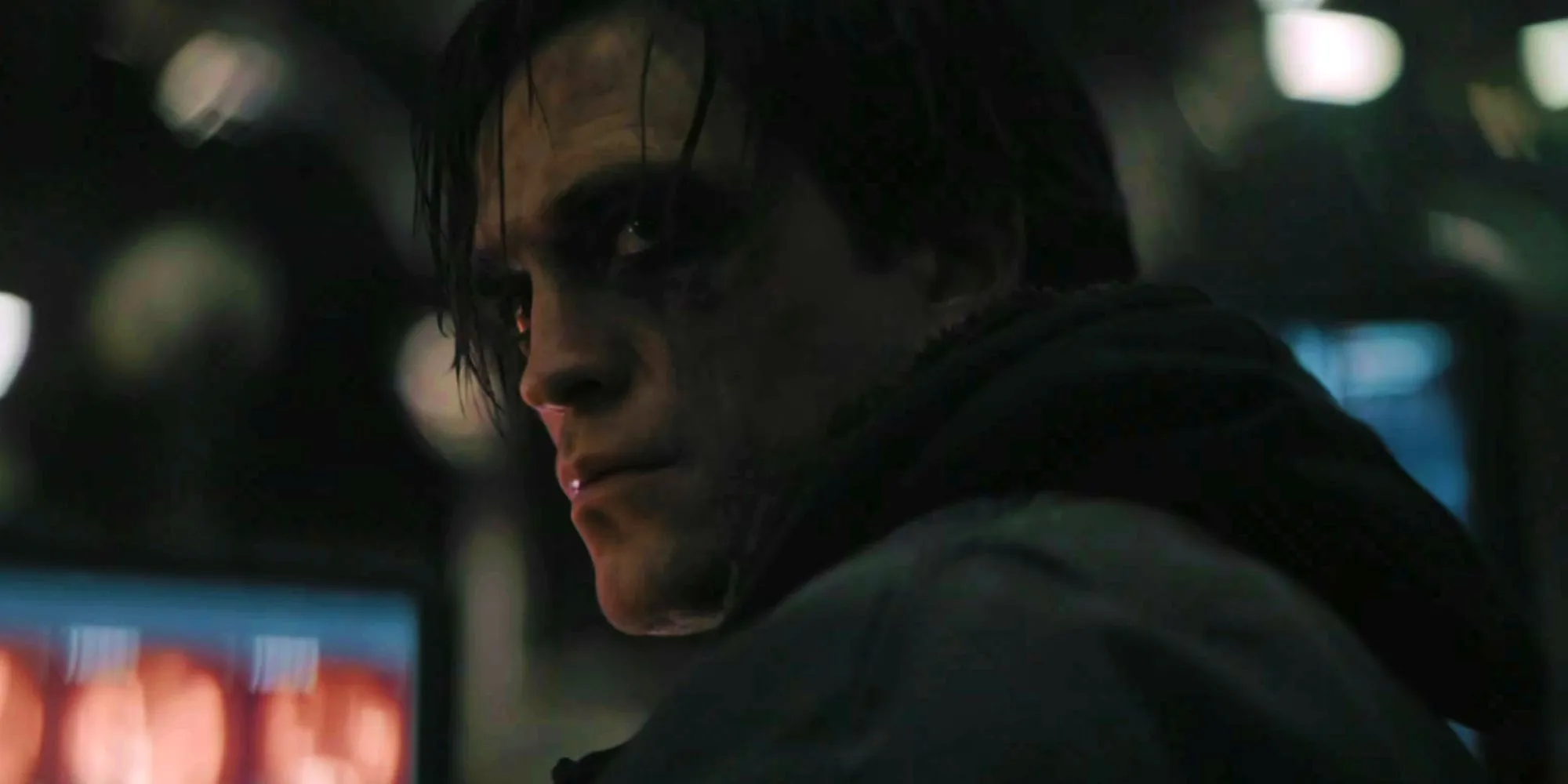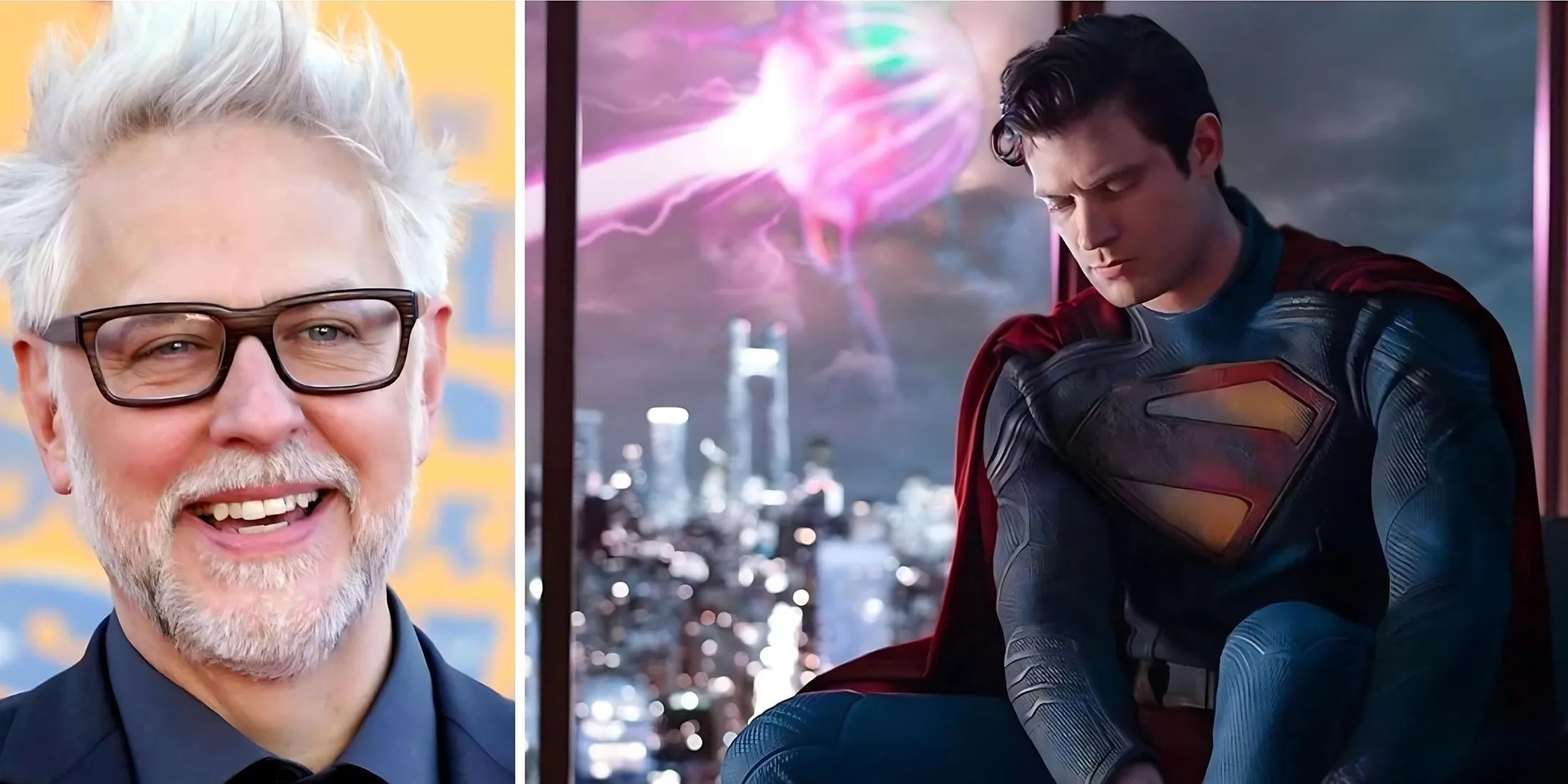
Quick Links
- Why Marvel Skipped Spider-Man’s Origin Story
- No Flashbacks in Matt Reeves’ The Batman
- The Future of Origin Stories in Upcoming Superhero Movies
- Hollywood Will Still Embrace Origin Prequels
Key Takeaways
- Superhero films are evolving, placing emphasis on innovative narratives rather than conventional origin stories.
- Major entertainment industry players like Marvel and DC are opting out of detailed origin depictions for well-known heroes, recognizing audience familiarity.
- Despite this trend, Hollywood is likely to retain origin prequels, although framed in a way that enriches character complexity.
Creating a compelling superhero movie is akin to erecting a skyscraper; both heavily rely on a solid foundation. Traditionally, the origin story served as this foundation, providing an essential backdrop for character development. However, the cinematic landscape is shifting, with prominent studios such as Marvel and DC increasingly moving away from the tried-and-true “origin story,”leaning towards unique and innovative storytelling approaches, including complex multiverse dynamics.
In earlier cinema, superheroes often required detailed origins to familiarize viewers with their backstories, as many moviegoers were not comic book readers. Origin tales, like Kal-El’s arrival on Earth or Bruce Wayne’s transformative loss, forged an emotional connection with audiences. Yet today, as viewers encounter various adaptations of the same characters, the traditional origin story’s significance is diminishing.
Why Marvel Skipped Spider-Man’s Origin Story

Tom Holland’s portrayal of Spider-Man perfectly illustrates this trend. Instead of presenting a traditional origin, Holland’s Peter Parker debuted in Captain America: Civil War, circumventing a full backstory. Marvel assumed that audiences were already knowledgeable about Spider-Man’s powers and legacy, negating the need for an introductory narrative.
Even in Spider-Man: Homecoming, Holland’s character does not go through the familiar origin story process. Previous iterations involving Tobey Maguire and Andrew Garfield showcased their genesis with well-remembered scenes of spider bites and personal loss. This collective cultural memory led Marvel to avoid rehashing those origins, a pattern observed across various superhero films, including those produced by DC.
No Flashbacks in Matt Reeves’ The Batman

While Christopher Nolan’s Batman Begins further developed Batman’s origin story, depicting Bruce Wayne’s tragic loss, Matt Reeves takes a different stance in The Batman. Introduced well past the pivotal events of Bruce’s childhood, Robert Pattinson’s portrayal shows the character already in action, pursuing Gotham’s criminals. This choice enhances pacing and leverages the audience’s existing knowledge of Batman’s backstory.
Despite no flashbacks to his early trauma, the film still serves as an origin-like exploration, depicting Bruce’s evolution as a crime-fighter deeply ingrained in Gotham’s crime-infused reality.
The Future of Origin Stories in Upcoming Superhero Movies

This newfound approach to superhero storytelling is likely to persist. Upcoming projects, like James Gunn’s Superman film, are expected to forego traditional origins, instead focusing on a younger version of the character—far removed from Henry Cavill’s interpretation. This direction was hinted in a 2022 Deadline article discussing the plans by DC’s new leadership.
Among those on the slate is Superman. In the initial stages, our story will be focusing on an earlier part of Superman’s life, so the character will not be played by Henry Cavill. — James Gunn (@JamesGunn) December 15, 2022
As studios reassess the need for origin stories, they must consider their contribution to character arcs and the broader narrative continuum. If an origin story merely recounts a hero’s acquisition of powers, it may lack substance. Marvel’s and DC’s experiences reveal that certain lesser-known characters can shine without extensive backstories, suggesting the superhero genre has matured to a level where audiences crave more than conventional origin tropes.
Hollywood Will Still Embrace Origin Prequels
Even with evolving storytelling dynamics, timeless narratives like those of Superman, Batman, and Spider-Man remain relevant, showcasing character journeys that resonate across generations. There continues to be room for delayed origins that enhance emotional landscapes. For instance, while Uncle Ben is largely absent from Holland’s narrative, Peter Parker’s grief following Tony Stark’s demise provides a modern parallel to the classical loss that defines a hero’s journey.
Future films, including Spider-Man 4, may explore deeper character narratives, potentially reconstructing Peter’s identity after a pivotal moment that erases him from everyone’s memory due to Doctor Strange’s spell.
Ultimately, it would be unrealistic to foresee a complete abandonment of superhero origin stories. The journey from ordinary to extraordinary, particularly for characters with established legacies in comics, continues to hold a significant draw for audiences. Origin prequels will remain a favored method of storytelling, as demonstrated in the X-Men franchise, where films like X-Men: First Class delved into the backstories of beloved heroes. The narrative success will continue to predominantly rely on audience familiarity with a character.




Leave a Reply